If you think becoming a vegan will also mean missing out on important nutritional value and protein elements, think again! Here we set the record straight about the vegan diet
Commonly, public perception of vegans is links to malnutrition or a passion for animal activism. Whilst it is true many vegans are avid animal lovers, common ideas of what it means to be vegan, and what the diet specifically entails are often simplistic. One of the biggest fallacies is that the vegan diet is inherently unhealthier than a ‘more balanced’ diet including meats and meat by products. Research has shown vegan diets can have many health benefits. Here we debunk some of the most common myths associated with a vegan diet.
Myth One: Vegans do not get enough nutrition
A vegan diet avoids any meats or animal by products. In its strictest form, this includes all red meat, white meat, fish, eggs, as well as any products that come from animals including all dairy products, animal stock, etc. Whilst there are certain nutritious benefits from eating these omitted foods, such as red meat containing iron, vegans can successfully substitute these with other foods. For example, when replacing meat, tofu is a low carbohydrate fluffy alternative. To ensure there is as much protein as a serving of meat (tofu contains approximately half), you can garnish with nuts and sesame seeds, (which will also add to the flavour)!
Additionally, lots of vegans enjoy protein powder, such as our highest quality European Pea Protein Vital Plant Protein as part of their diet. It is a great way to ensure you consume enough protein, without adding to the waistline.
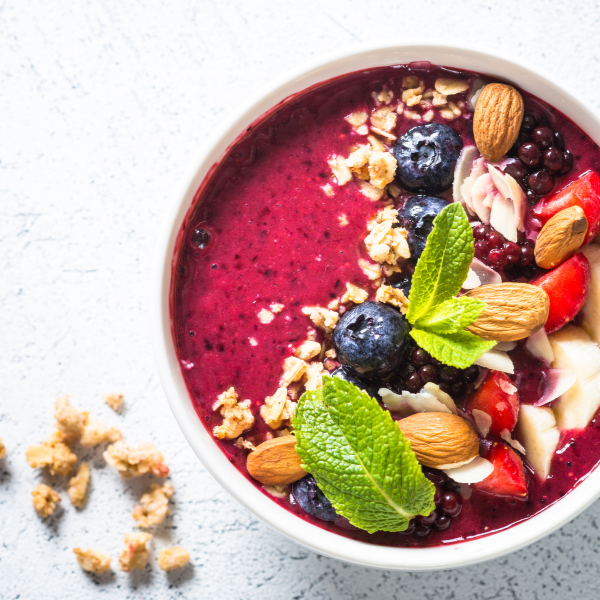
Myth Two: Vegans do not get enough protein in their diets
One common misconception about eating vegan is that without meat, people do not get enough protein in their diets. This fails to understand how much protein people consume in their diets through plant-based foods. The truth is plant products, and some especially, are jam-packed with protein. Some examples of high-protein plant foods include pumpkin seeds, spinach, quinoa, cauliflower, asparagus, peanuts and almonds. The other added benefit of consuming these plant-based foods as your source of protein is that they are almost free from cholesterol, tend to be high in fibre, and are often alkalising to the body.
Similarly, consuming plant-based, gluten-free pea protein powder with water as opposed to eating meat has similar benefits.
Myth Three: A vegan diet restricts socialising
Many people’s motivation to not try veganism is the common misconception that going vegan will stop them dining out and socializing. In today’s society, and particularly in Australia with cities like Melbourne being incredibly vegan friendly, this simply is not true! Chinese, Italian, Indian and Mexican cuisines, for example, are all fantastic for vegans and, with a little extra knowledge, you should feel confident to order at most restaurants. Even if dining out at not a specifically vegan conscious restaurant, it is not hard to find alternatives. If ordering a pizza – request it to be topped with lots of delicious veggies, over a meat & cheese topping (your body will thank you!).
A great way to debunk the myths of a vegan diet is to consume vegan-friendly products such as Vital All-In-One and Vital Plant Protein, which provide as much nutrition, nutrients and protein as meat-based products. You can shop online today!
Winston J Craig; Health effects of vegan diets, The American Journal of Clinical Nutrition, Volume 89, Issue 5, 1 May 2009, Pages 1627S–1633S, https://doi.org/10.3945/ajcn.2009.26736N
Where the Vital Story Began
Developed by Naturopaths
Vital All-In-One was formulated back in the year 2000, by two Naturopaths from Sydney, Australia.
After years of treating patients with gut, bowel, and digestive issues despite taking many different vitamin and mineral tablets, Shane and Steven saw the need to create a nutritional supplement, that was easy for the body to absorb, and contained the right amount of nutrients to support optimal health. This is when Vital All-In-One was born.
More information
If you want more information and to ensure you still get the right nutrients and stay healthy with your vegetarian or vegan lifestyle, be sure to chat with your doctor or medical practitioner. They’ll be able to personally assess your needs and ensure you get the right intake each day. They may also be able to refer you to a dietician if you’re switching your diet for health reasons.
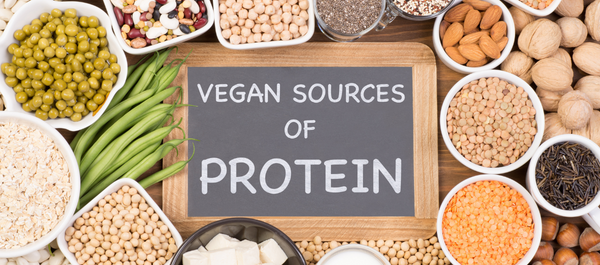
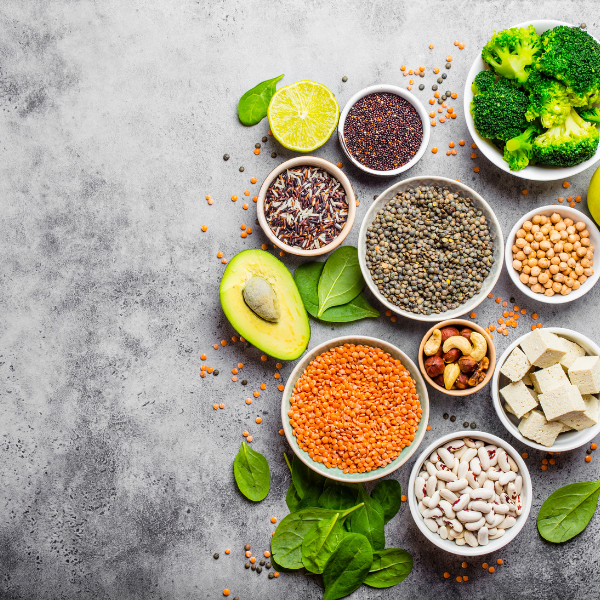


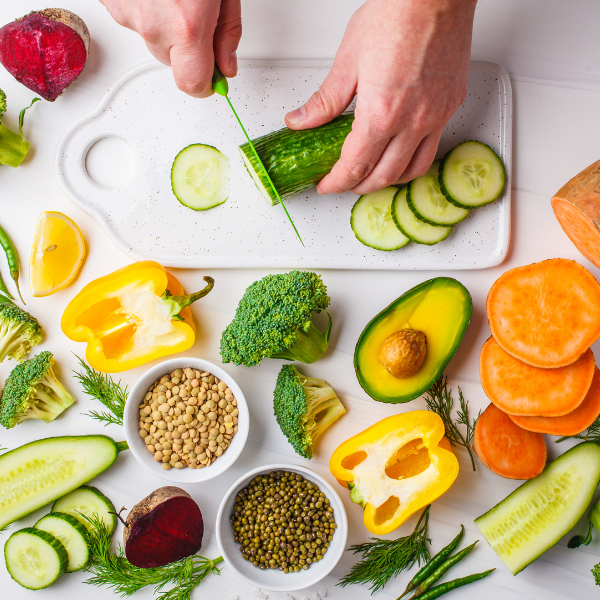
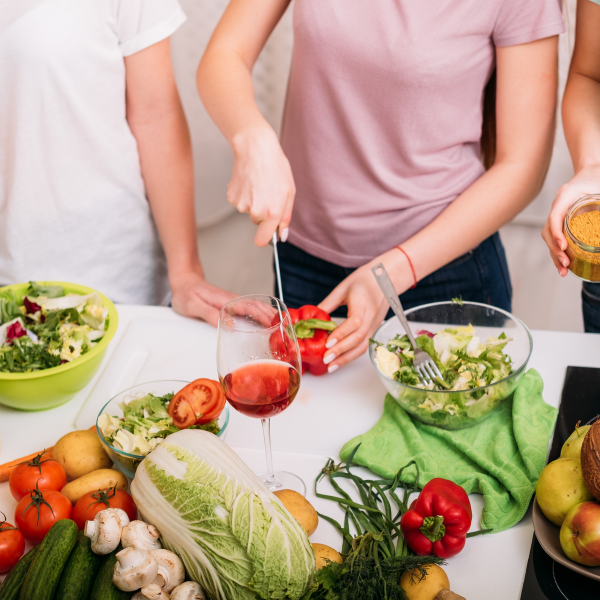

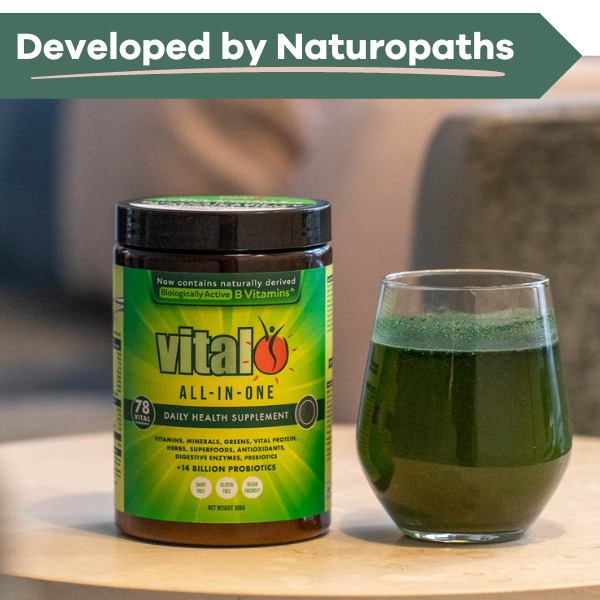
Great post.